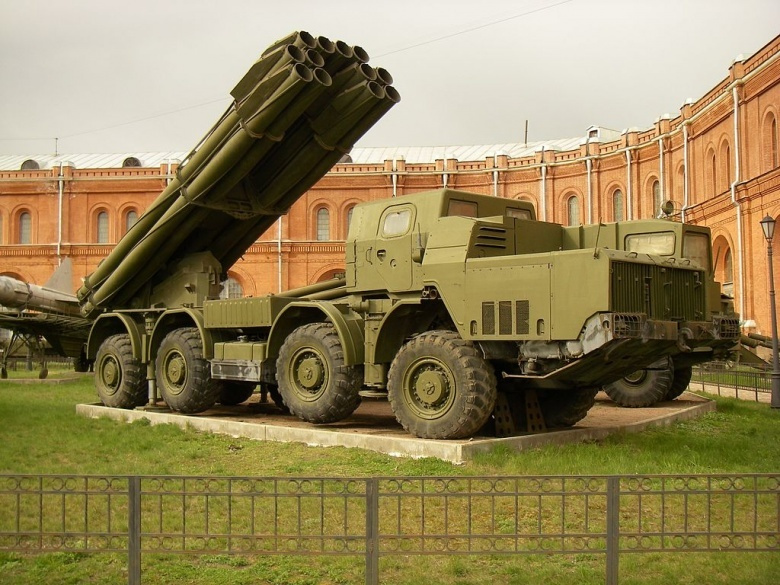Nuclear Armed and Jittery
"The growth path of Pakistan's nuclear arsenal, enabled by existing infrastructure, goes well beyond the assurances of credible minimal deterrence provided by Pakistani officials and analysts after testing nuclear devices."
Carnegie Endowment for International Peace/Stimson Center report
"This report is overblown."
"However ... what the world must understand is that nuclear weapons are part of Pakistan's belief system. It's a culture that has been built up over the years because [nuclear weapons] have provided a credible deterrence against external aggression."
Mansoor Ahmed, nuclear expert, Quaid-i-Azam University, Islamabad
"We assume, maybe correctly, maybe inaccurately, with the fuel coming out of the four reactors, they are processing it as rapidly as possible to get the plutonium out."
Toby Dalton, co-director, Carnegie Endowment Nuclear Policy Program
"[India views nuclear weapons] as a political tool, a prestige item, not something you use on a battlefield."
"[In Pakistan, nuclear weapons are seen as] things you have to be willing to use [to guarantee stability].
Michael Krepon, co-founder, Stimson Center

Pakistan has been quietly increasing the numbers of its nuclear warheads. A new report issued through two think tanks in the United States states that the only Muslim country to have nuclear weapons, one perpetually on the brink of war with its much larger neighbour India, from which it broke off geographically in 1947, is known to encourage Islamist terrorist groups to incite violence in disputed Kashmir.
The two countries have fought conventional-weapons wars in the past. India is not inclined to foment war between itself and its neighbour, a volatile, impassioned Pakistan infused with the fuel of Islamist sentiments against non-Muslim states which appears not entirely reluctant to continually bring hostilities to the fore. Pakistan is a paranoid neighbour to the more powerful and populous India which itself has a sizeable Muslim population, the third-largest in the world.
India's larger stock of plutonium, required for the production of high-yield warheads, is mostly used in the production of domestic energy. Pakistan in contrast, uses its large stockpile of highly enriched uranium to produce low-yield nuclear devices expeditiously. It's estimated by experts in the field that Pakistan, at the rate it is churning out nuclear warheads could stockpile 350 warheads within five to 10 years, an increase of over 300%.
Pakistani authorities are secretive about their fissile materials and the number of nuclear weapons in their possession; they are roughly equal to the number that India has stockpiled. The Pakistani military agitates to increase its stockpile, a move justified by its nuclear specialist recently named a nuclear security fellow at Harvard University's John F. IKennedy School of Government.
The country quietly and without fanfare added a fourth plutonium production reactor at its Khushab Nuclear Complex. It was, infamously, a Pakistani nuclear scientist who had opened a Pandora's box of nuclear research, making it available to other Muslim countries like Libya, and whose playing loose with formulae may have aided North Korea in the creation of its nuclear program.
India's "no-first-use" policy on nuclear weapons stands in contrast to the policy of Pakistan's leaders who decline to reciprocate, claiming they may be 'forced' to resort to the use of nuclear weapons should India's military invade Pakistan. That India is not the instigator generally of restive relations between itself and Pakistan is a reality. That border guards on either side often trade gunfire in Kashmir is another reality.
With each side blaming the other for "unprovoked firing and shelling",where people are killed, before matters are once again brought to a poisonous lull, incidents are 'tolerable'. Firing and shelling can be unfortunate but reactions of suspicion and anger against a perceived enemy; misunderstanding leading to the accident of nuclear weapons use because someone misread communications or a volatile incident flames out, is not conducive of pull-back and a return to cold hostilities.
Labels: Hindus, India, Muslims, Nuclear Weapons Conflict, Pakistan

<< Home